Join the Debates
It is always entertaining and enlightening to watch a battle between renowned experts who passionately defend opposite opinions.
Join the debates below and cast your vote.
Debate – How Translational is the FLASH Effect to the Clinic?
2 December | 18:20 – 19:20
Chair:
Theresa Busch (United States of America)
Debaters:
FOR
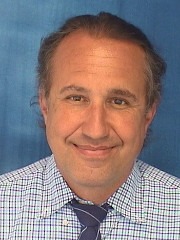
Peter G. Maxim
University of California, USAPeter received his Dipl. Phys. (M.Sc.) in Applied Physics from the Technical University, Berlin, Germany, and his Dr. rer. nat. (PhD) in Biophysics from Humboldt University, Berlin, Germany. He started his professional career in medical physics as a postdoctoral fellow at Stanford University where he was subsequently appointed as Assistant Professor. He is certified by the American Board of Radiology in Therapeutic Radiologic Physics and is currently a Professor and Vice-Chair of Medical Physics at the University of California, Irvine
Peter G. Maxim
University of California, USA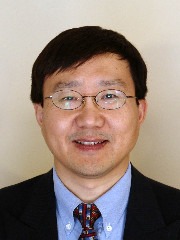
Lei Dong
University of Pennsylvania, USADr. Lei Dong is a board-certified medical physicist at Hospital of the University of Pennsylvania where he served as a professor and director of the medical physics division. He is a fellow of the American Association of Physicists in Medicine (AAPM). He served in many professional societies, such as the AAPM Science Council, ASTRO Physics Track Chair, and a member of the education council for the Particle Therapy Co-Operative Group (PTCOG). Dr. Dong has co-authored more than 250 peer-reviewed articles and 15 book chapters. He has conducted innovative research and clinical development in image-guided radiation therapy and proton therapy.
Lei Dong
University of Pennsylvania, USAAGAINST
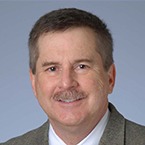
Marc S. Mendonca
Indiana University School of Medicine, USAMarc S. Mendonca is a Professor of Radiation Oncology & Medical and Molecular Genetics, and Director of Radiation and Cancer Biology at Indiana University School of Medicine.
Marc S. Mendonca
Indiana University School of Medicine, USA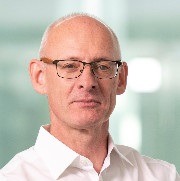
Oliver Jäkel
German Cancer Research Center, GermanyOliver Jäkel
German Cancer Research Center, GermanyBalloon Debate – Physics vs Chemistry vs Biology vs Clinic
3 December | 17:00 – 18:00
In the balloon debate, four different speakers will each present an argument and try to win approval from the audience. The last person in the balloon wins the debate.
The session concept is inspired by the idea that a hot air balloon has a puncture, which means that it needs to jettison some of those travelling within it if anyone is going to survive. The person presenting the best argument in the balloon debate “survives” by remaining in the balloon.
Chair:
Karen Kirkby (UK)
Debaters:
Physics
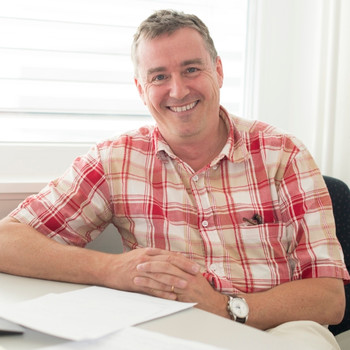
Antony John Lomax
Centre for Proton Therapy, SwitzerlandTony Lomax is head of medical physics at the Centre for Proton therapy, PSI and a titular professor of the Physics Department, ETH. He is the author or co-author of over 230 peer reviewed papers and has research interests in treatment planning, uncertainty in treatment delivery and effects of organ motion for dynamic radiotherapy.
Antony John Lomax
Centre for Proton Therapy, SwitzerlandChemistry
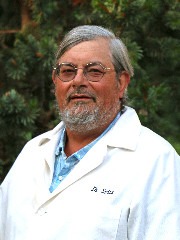
Douglas Spitz
University of Iowa, USADouglas R. Spitz, PhD is a Professor of Radiation Oncology, Director of the Free Radical and Radiation Biology PhD Program, and Director of the Free Radical Metabolism and Imaging Program in the Holden Comprehensive Cancer Center at the University of Iowa. Dr. Spitz received his B.A. in 1978 from Grinnell College and his Ph.D. in 1984 from The University of Iowa working with Dr. Larry Oberley. He did his post-doctoral work at the University of California San Francisco with Drs. Gloria Li and William Dewey and has held faculty positions at the University of Virginia, Washington University in St. Louis, and the University of Iowa. His research is supported by the NIH/NCI to participate in both basic science and translational cancer research projects designed to target oxidative metabolism for improving responses to cancer therapy.
Douglas Spitz
University of Iowa, USABiology
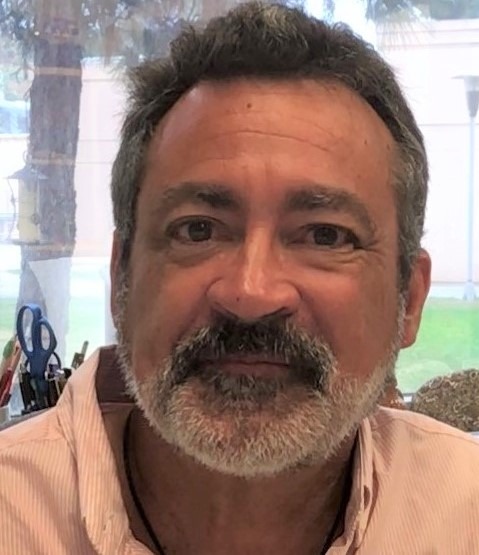
Charlie Limoli
University of California, USAThe overarching goals of my research program seek to define the mechanisms by which ionizing radiation and chemotherapy exposure disrupt cognitive function. Several processes are hypothesized to be contributory if not causal to cancer treatment associated deficits in cognitive function including: Alterations to the structural integrity of neurons and synaptic proteins, disruptions to the microvascular bed, changes in electrophysiological connectivity, increased inflammatory signaling, elevated microglial activation, reduced myelination and mitochondrial dysfunction. Much of our work is centered on defining the consequences of cancer treatment-induced changes in CNS functionality and in developing pharmacologic, genetic and stem cell-based interventions for resolving these treatment-associated cognitive decrements. More recently, our group has defined some of the beneficial mechanisms of ultra-high-dose rate “FLASH” radiotherapy in the irradiated brain, and has now embarked on a major research program funded by the National Cancer Institute in the United States in collaboration with Drs’ Loo (Stanford), Maxim (Indiana), Spitz (Iowa) and Vozenin (CHUV, Switzerland) on translating this exciting new radiation modality into clinical practice.
Charlie Limoli
University of California, USAClinic
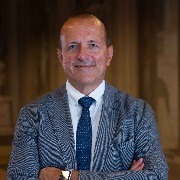
Philip Poortmans
Iridium Netwerk and University of Antwerp, BelgiumProf. Philip Poortmasn: M.D., Ph.D., Radiation Oncologist Iridium Netwerk - University of Antwerp, Faculty of Medicine and Health Sciences, Wilrijk-Antwerp, Belgium.
